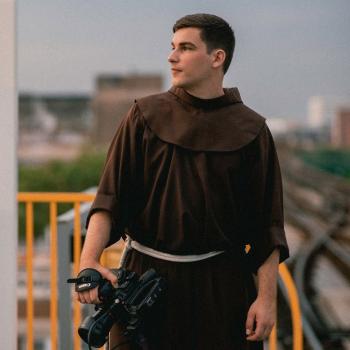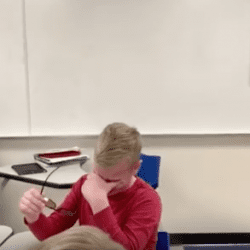My old CBS colleague Mary Murphy has just produced what looks like a fascinating documentary about Harper Lee and the impact of her one great work, “To Kill a Mockingbird.” The movie is unspooling around the country right now — opening in New York this Friday — and the Los Angeles Times has a preview:
Harper Lee was working as an airline reservations agent in New York City, struggling to write a novel tentatively titled “Atticus,” when a close friend gave her enough money to take time off and finish her book. Published in 1960 with an initial print run of just 5,000 copies, “To Kill a Mockingbird” became an instant phenomenon: a critically acclaimed bestseller andPulitzer Prize winner, followed by a multiple-Oscar-winning 1962 film featuring the iconic performance of Gregory Peck as courageous Southern lawyer Atticus Finch.
Fifty years and more than 30 million copies of the book later, it’s hard to find any American who doesn’t know the names Scout, Boo Radley and Atticus. Lee’s one and only novel has been translated into 40 languages and is the most widely read book in American high schools. The novel and film are so familiar, in fact, that last month, when the U.S. Postal Serviceissued a commemorative stamp honoring Peck, it featured him as he appeared in that Oscar-winning role.
“I can’t name another novel that has these kinds of indelible characters, a social statement without being preachy, and good prose,” says filmmaker Mary McDonagh Murphy, whosedocumentary, “Hey, Boo: Harper Lee and To Kill a Mockingbird,” opens Friday. “It’s a book that many people can relate to in many different ways.”
Lee “creates a believable fictional landscape that you can go into,” adds Charles J. Shields, author of “Mockingbird: A Portrait of Harper Lee.” “The book asks one of the most important questions facing humans — how to get along with people different from us. It was couched in racial terms back then, but today I believe it’s about people who don’t believe the same as you — different religious beliefs, gays, straights. There are a lot of things that can be discussed.”
And that discussion has meaning no matter the age of the reader. In fact, Murphy, an independent writer-producer who had an Emmy Award-winning career at CBS News, decided to pursue a film about Lee and her book after rereading it as an adult.
That experience, she says, “made a greater impression on me than my adolescent reading. I went exploring to see what I could find out about the novel, the novelist and its impact. And I explored the context in which it was published. The book spoke to me more about conscience and integrity this time than it had before. I began to see the story [for the film] was the novel, the novel was the phenomenon. The novel could be the story, not the novelist.”
Check out the rest. And watch the trailer below.












